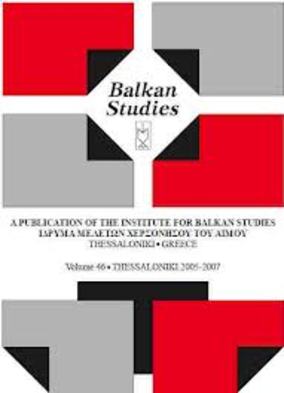Parteien und gewerkschaften in Bulgarien nach dem sturz Zivkovs (1989-1991)
Part of : Balkan studies : biannual publication of the Institute for Balkan Studies ; Vol.33, No.1, 1992, pages 155-166
Issue:
Pages:
155-166
Parallel Title:
Parties and trade unions in Bulgaria after Zivkovs fall (1989-1991)
Section Title:
Articles
Author:
Abstract:
The years 1989-1991 constitute a period of proliferation and intenseactivity for scores of parties, movements and citizens’ initiatives in Bulgaria.The two general elections (June 1990 and October 1991) were indeed characterizedby utter fragmentation of the political spectrum into a vast varietyof parties and splinter groups, most of which, however, failed to secure aplace in parliament.The principle political formation of the Right, the UDF, was split intothree groups, while its arch-rival, the BSP (former communist), maintaineda fair degree of support. In the end of 1991 Bulgaria still lacked a politicalCentre, as the two middle-of-the-road Agrarian parties did not return a single deputy after the October 1991 elections. Of particular significance is the caseof the party of the Turkish minority, which seems to play the role of an arbiterin Bulgarian politics.The trade unions strove to rid themselves of the legacy of the communistpast, taking an active part in this period of transition to pluralist society andparliamentary democracy in Bulgaria.
Subject:
Subject (LC):
Keywords:
Κόμματα και συνδικάτα στη Βουλγαρία 1989-1991
Notes:
Περιέχει πίνακες




